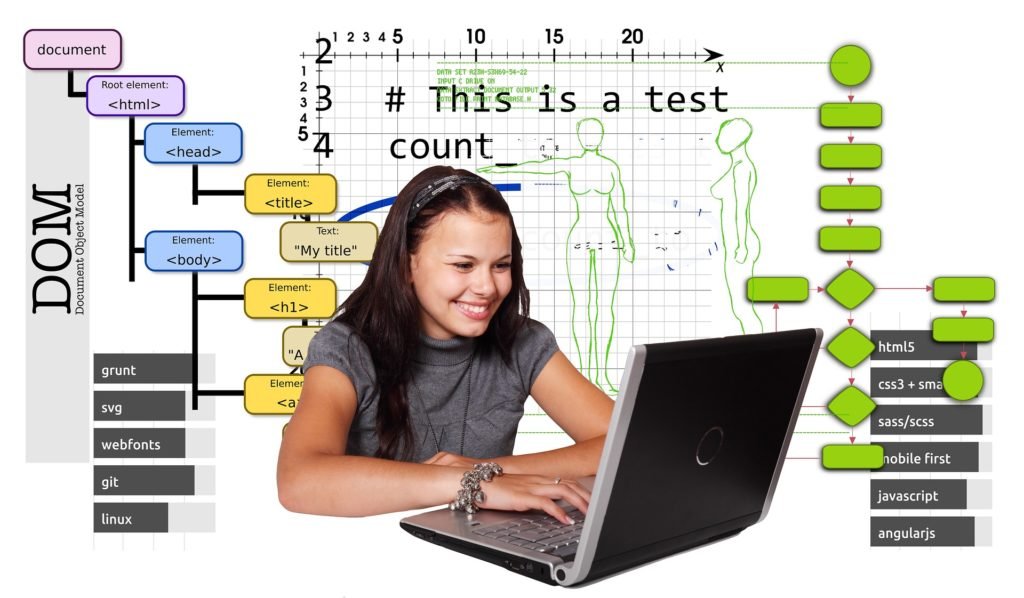Even though your child has gone to school before, the beginning of the school year is filled with newness and a lot of unknowns. Your child has a new teacher, new classroom peers, and a new routine and schedule. This change is difficult for any child, but for a child with autism, it can be 100 times more difficult. Imagine the stress and anxiety you would feel if you were thrown into a new job with no training. It would feel pretty uncomfortable. So take that uncomfortable feeling and pair it with the inability
to express yourself. Can you understand a bit more why your child may exhibit increased difficult behaviors during the new school year?
Children with autism like routine and predictability. It is essential for you to begin some routines and predictability a couple of weeks before your child starts school. You will have to change your relaxed summer schedule and engage in activities that have some structure. Structuring up your child’s schedule will help reduce the stress and anxiety he/she is feeling about going back to school. I have created a list of five strategies that have been extremely effective with my clients. These strategies have proven to be helpful to many parents when transitioning a child from summertime to a new school year.

The Final Countdown
Create a calendar that marks the date of when your child is going to start school. Mark this day with a HUGE star that reads, “First Day of School!” two weeks before school starts, then have your child cross out each box at the end of his/her day and count how
many days he/she has until the first day of school. This calendar is a predictable visual for your child that lets him/her know when school will start and how many days are left of summer vacation. This calendar is tangible, visual, and predictable…everything your child loves!
Practice Makes Perfect
Two weeks before your child starts school, begin your morning and evening school routines.
The time has come! Summer is winding down, and it is that time of year when your kids
need to start preparing to go back to school. As a parent, you have mixed emotions
about starting the new school year. On the one hand, you are excited to have some
“me” time again. However, on the other hand, you dread this time of year because,
as with any big transition, it often comes with your child’s anxiety going through the
roof and sparking difficult behaviors.
Have your child wake up at the time he/she regularly would for school, get dressed, eat breakfast, etc. Then leave the house to go on a walk, go to the park, or do another activity outside the home. In the evening, have your child follow the evening school routine such as eating dinner, taking a bath, reading a book, and going to bed at a specific time. By following these routines a couple of weeks before school starts, your child will be less resistant to waking up and going to bed because he/she will have practiced this routine. Practice makes perfect and helps with behaviors.
Prepare, Prepare, Prepare
Show your child pictures of his/her teachers, the classroom, and classmates if you can. Contact your school a week before the first day and ask if you and your child can take a tour of the classroom. You can also create a social story that includes pictures of your child’s teacher, names and pictures of kids in the class, pictures of the classroom, etc. This way, your child knows who his/her teacher is, what the classroom looks like, and what to expect on the first day of school. This step will decrease his/her stress and anxiety, as well as yours.
Review Your IEP

“You will have to change your relaxed summer schedule and
engage in activities that have some structure. Structuring up your child’s schedule will help reduce the stress and anxiety he/she is feeling about going back to school.”
It is essential for you to review your child’s Individualized Education Program (IEP) and make a copy of it to give to your child’s teacher while highlighting any special accommodations. Many parents assume that the new teacher and aide will have read their child’s IEP, but they often haven’t. Also, review all the services listed in the IEP and call the school to ensure your child’s aide is in place on the first day of school. Informed people make for an easy transition.
It’s All About Me
Create a simple and easy flyer that contains information about your child. Include things such as what your child likes, what sets your child off, what reinforces your child, what your child is allergic to, what your child did over the summer, etc. Make this flyer easy to read and make multiple copies to hand to everyone working with your child.
The beginning of the school year can be an exciting time. It is a time of growth and change and a way for your child to learn new skills. Keep in mind that your child feeds off of your energy, so if you are calm about this transition, he/she will be too. Remember, the end of summer leads to a child’s success and a parent’s sanity.




